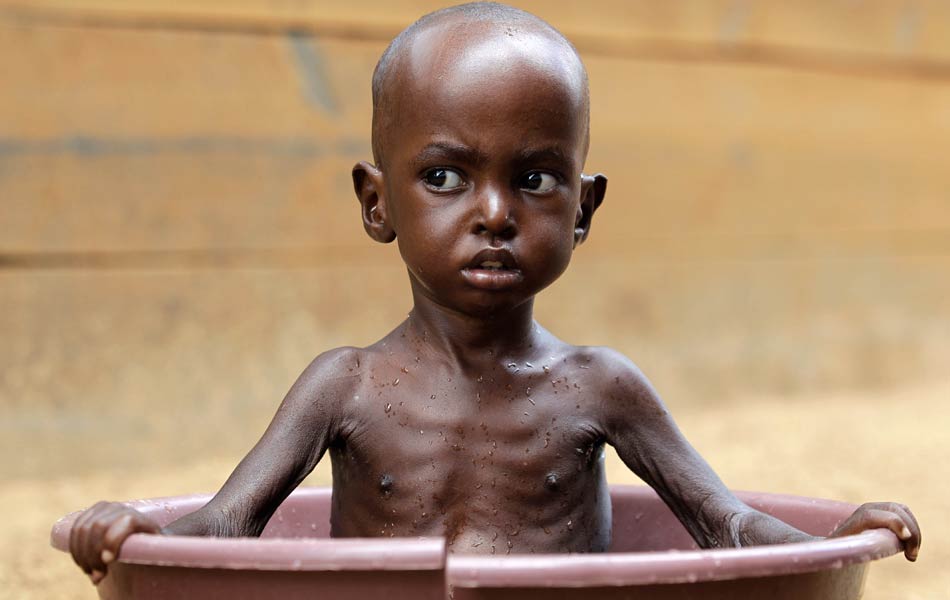New York – United Nations aid agencies and donor countries gathered in Oslo Thursday for a two-day meeting to raise emergency aid for millions of people threatened by famine in several countries in Africa.
The U.N. aims to collect up to $1.5 billion in commitments throughout 2017 to deepening food insecurity in a number of African regions.
On Wednesday, U.N. Secretary General Antonio Guterres said U.N. aid agencies needed $4.4 billion in emergency funding to address famine in Nigeria, Somalia, South Sudan and Yemen.
More than 20 million people face starvation in the four countries and action is needed now to avert a humanitarian disaster, Guterres told a news conference at U.N. headquarters.
“We need $4.4 billion by the end of March to avert a catastrophe,” he said.
More than seven million people risk starvation in Nigeria’s insurgency-hit northeastern region and around Lake Chad, a senior U.N. official said on Wednesday.
“They are living on the edge, barely getting by on one meal a day,” Toby Lanzer, the U.N. humanitarian coordinator for the Sahel, told Reuters.
“My biggest concern today is starvation,” he added.
Reuters quoted Lanzer as saying that he was worried the Boko Haram insurgency would deter farmers from planting their crops after missing the last three planting seasons, and that the number of lives at risk could increase. He also expressed concerns the coming rainy season could harm vulnerable people.
Lanzer said he hoped a total $500 million would have been pledged by the end of February, including this week’s funding round.
Earlier this week, the U.N. said 1.4 million children were at risk of “imminent death” in famines in Nigeria, South Sudan, Somalia and Yemen.
The British government pledged on Wednesday extra $250 million to fight famine in South Sudan and Somalia.
In a statement, International Development Secretary Priti Patel said that Britain would provide 100 million pounds ($125 million) to each country in 2017-2018 in addition to existing flows of aid.
“The world faces a series of unprecedented humanitarian crises and the real threat of famine in four countries,” Patel said.
